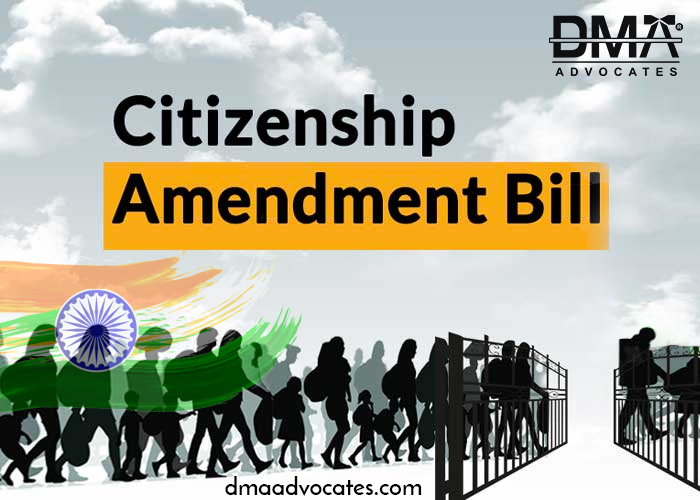The National Register of Citizens (NRC) is a register of all Indian citizens whose creation is prescribed by the Citizenship Act of 1955, amended in 2003-2004. It has not yet been implemented, with the exception of the State of Assam. Assam, being a border state with unique problems of illegal immigration, created an NRC for the state in 1951 based on 1951 census data. But it did not stay after. In 1983, the parliament passed the Illegal Migrants Act (court ruling), creating a separate judicial process to identify illegal immigrants in Assam. The Supreme Court of India declared it unconstitutional in 2005, after which the Indian government agreed to update the NRC Assam. Following unsatisfactory progress in the updating process for a decade, the Supreme Court began to direct and monitor the process in 2013. The updated final NRC for Assam, published on August 31, 2019 , contained 31 million names from 33 million inhabitants, leaving out about 2 million candidates. The ruling party Bharatiya Janata has promised to implement the NRC for all of India, but has not found that the results of the NRC Assam meet their expectations. He believes that several legitimate citizens have been excluded while illegal immigrants have been included.
Legal & regulatory provisions
The Citizenship Act (Amendment) of 2003 (numbered “Law 6 of 2004”) added the following clause to the Citizenship Act of 1955:
14A. Issue of national identity cards.
(l) The Central Government may obligatorily register all citizens of India and issue the national identification card for identification.
(2) The central government can maintain a national registry of Indian citizens and for this purpose establish a national registration authority.
(3) As of the date of commencement of the Citizenship (Amendment) Act of 2003, the Secretary General of India, appointed under subsection (1) of section 3 of the Birth and Death Act of 1969 (18 of 1969). will act as the National Registration Authority and he will act as the General Secretary of the Registry of Citizens.
(4) The Central Government may appoint other officials and personnel that are required to assist the General Registry of Citizens Registration in the performance of their duties and responsibilities.
(5) The procedure to be followed in the mandatory registration of the citizens of India must be the prescribed one.
The Citizenship Rules (Registration of Citizens and Issuance of National Identity Cards), 2003, formulated under the Law:
- Preparation of the National Register of Indian Citizens
- (1) For the purposes of the National Register of Indian Citizens, the central government will have a complete house-to-house count for the collection of specific details related to each family and individual residing in an area. including citizenship status.
(2) The registrar general of citizen registration shall notify the period and the duration of the enumeration in the Official Journal.
(3) For the purpose of preparation and registration in the local Indian citizens’ registry, the information collected from each household and individual in the population registry will be verified and reviewed by the local registrar, who may be assisted by one or more multiple people, as specified. by the secretary general for citizen registration. .
(4) During the verification process, contact information for persons whose citizenship is questionable will be recorded by the local registrar with an appropriate observation in the population register for further investigation and, in the event of questionable citizenship, information will be provided . to the person or family on a specific form immediately after the completion of the verification process.
Conclusion
As explained by the Interior Ministry in December 2018, “The Citizenship Law of 1955 establishes the compulsory registration of all citizens of India and the issuance of the national identity card. The 2003 rules on citizenship, framed by citizenship law The National Register of Citizens (NRC) was established in 1955. There is a special provision in the rules for the preparation of the NRC in Assam, which is based on demand and is different from the rest of India, where the process is listening.


